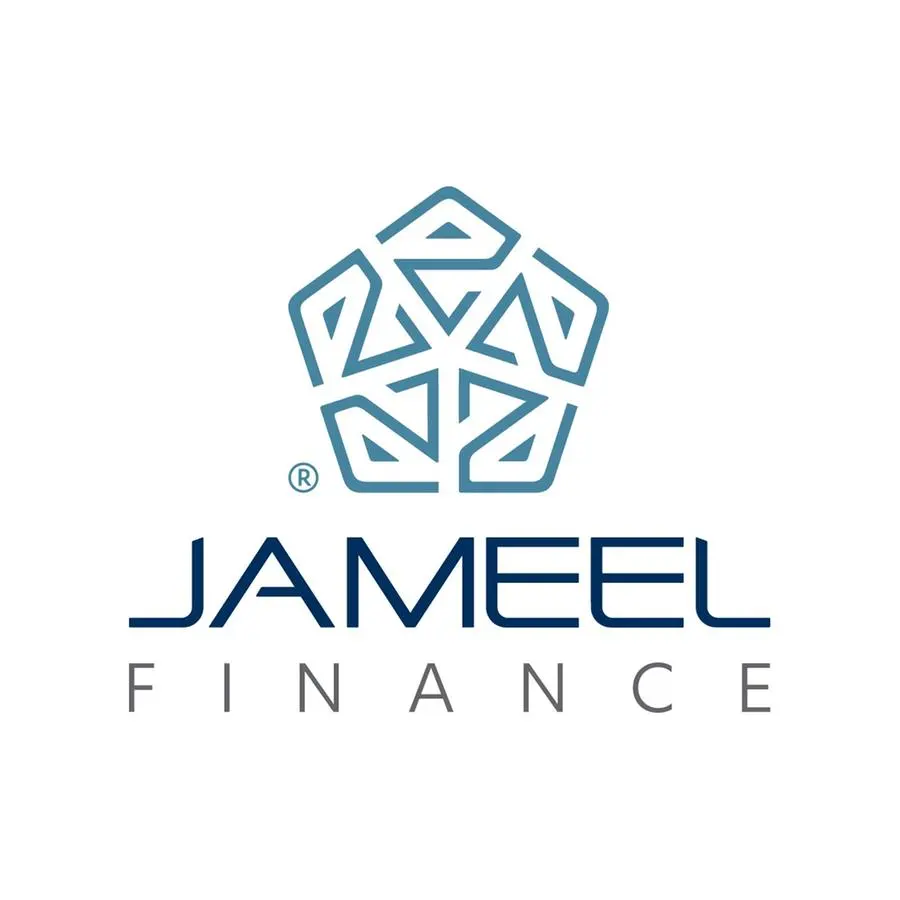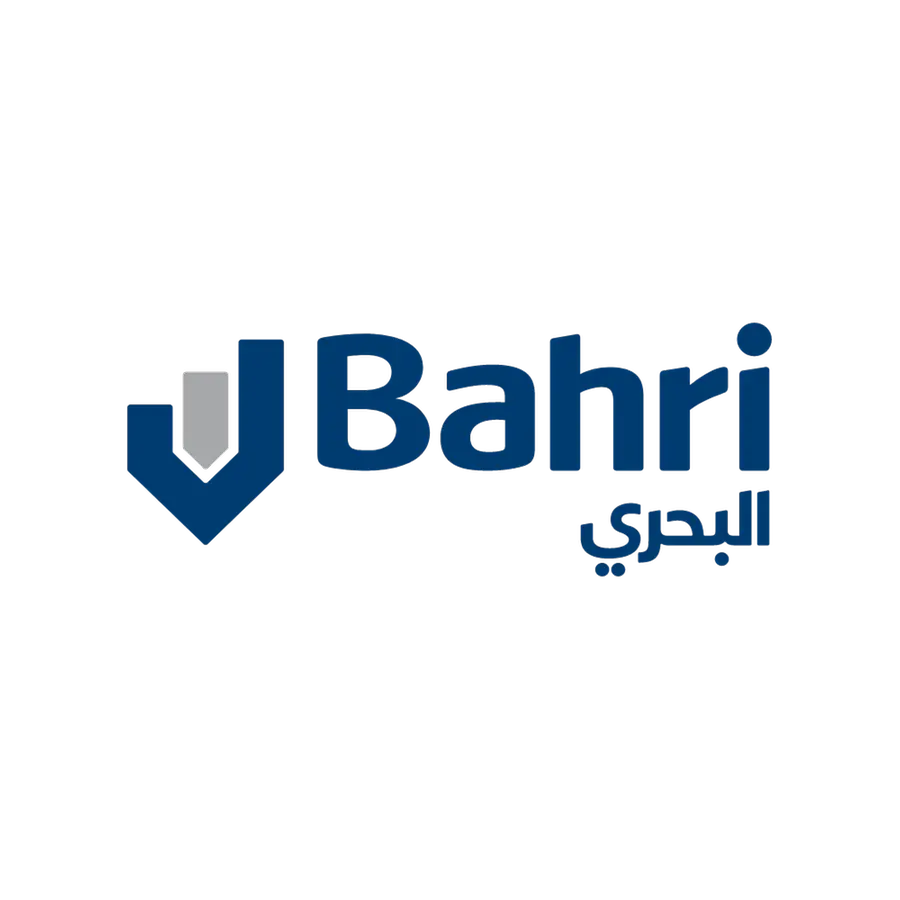PHOTO
The third International Whole Grain Day arrives in the Middle East and North Africa this year with studies showing consumption of whole grain remaining low in the region. This is despite World Health Organization recommendations to eat more wholegrains, which are complete grains that maintain their nutrients, including protein, fiber, B vitamins, antioxidants, and trace minerals such as iron, zinc, copper, and magnesium.
The FITS-Kids study in the United Arab Emirates for example has shown that only about 7% of 4–13-year-olds in the country consume whole grain. The study, results of which were announced in August 2021, also found daily consumption of fiber among the same age group to be at 11 grams, while recommendations are for consumption of 25 grams per day for 4–8-year-olds, and 26 to 31 grams for 9–13-year-olds.
While consumption of refined grains and grain products was found to be high, with almost 99% of 4-8-year-olds and 98% of children 9-13 years consuming some daily, only about 2.6% of 4–13-year-olds in the UAE consume whole grains at breakfast, providing an opportunity to shift to whole grain foods in the morning.
“In the Middle East and North Africa, we have always supported whole grain for its high nutritional value, and consistently increased its content in our breakfast cereals where today almost 90% of our product offering is made with whole grain as its number one ingredient,” said Sarah Kanaan, Nestlé Head of Nutrition, Health and Wellness, Middle East & North Africa.
A recent WHO review of 185 observational studies and 58 clinical trials concluded that people should eat at least 25 to 29 grams of fiber a day to boost longevity and lower risks of myriad diseases, with indications that consuming over 30 grams a day offers even more health benefits. Research has also shown that consuming whole grain on a regular basis helps maintain healthy body weight and promotes digestive health.
Whole grain attitudes in the Middle East and North Africa
There is significant confusion among people in the Middle East and North Africa about what whole grains are and how much of them should be consumed.
While almost eight in 10 people surveyed (80%) believe it is important to eat whole grain, more (86%) admit they don’t know how much they should consume. Half think they eat enough.
A study of over 2,000 people in the United Arab Emirates and Saudi Arabia conducted by Cereal Partners Worldwide, the producer of Nestlé Breakfast Cereals, found that almost one in four (38%) people don’t know what foods contain whole grain, with more than one in four (25-32%) mistakenly believing seeds and nuts are a good source, or falsely assuming they are ingredients in white bread.
The study did find that many people are aware of some key facts however, with 64% of respondents in the UAE and 53% in Saudi Arabia recognizing that whole grain products are high in fiber and help digestion. Wholegrains’ broader benefits were not found to be widely understood however, with only half knowing that they’re good for heart health, and less than a quarter aware that they can help reduce the risk of type-2 diabetes.
Half also said they believe people don’t eat enough wholegrains because they don’t understand their health benefits.
More information on how to eat more whole grain foods can be found on the Nestlé website.
-Ends-
About Nestlé in the Middle East and North Africa (MENA)
Nestlé’s heritage in the Middle East and North Africa goes back over 100 years with the sale of the first Infant Cereals in Egypt. Today, Nestlé operates 25 Food & Beverage factories across the 19 countries of the MENA region; and provides direct employment to more than 15,000 people who are all committed to Nestlé’s purpose of Enhancing Quality of Life and Contributing to a Healthier Future. Nestlé MENA also provides indirect employment across the region to several thousand more.
The Nestlé portfolio in the region currently exceeds 60 innovative product brands in a wide range of categories: Dairy, Infant Nutrition, Coffee and Creamers, Confectionery, Bottled Water, Breakfast Cereals, Culinary products, Health Science, and Pet Care, among others. Nestlé Nido, Nestlé Cerelac, Nestlé NAN, S-26, Progress, Nescafé, Nespresso, Bonjorno Café, Coffee-mate, KitKat, Maggi, Nestlé Fitness, Nestlé Pure Life, Optifast, and Purina Friskies are just some of the brands available in the Middle East and North Africa.
To know more, you can visit the following pages:
Website: www.nestle-mena.com
Facebook: https://www.facebook.com/NestleMiddleeastNorthafrica
Twitter: http://www.twitter.com/NestleMe
Instagram: http://www.instagram.com/nestlemena/
LinkedIn: https://www.linkedin.com/company/nestle-s-a-
Flickr: https://www.flickr.com/people/nestlemena/
© Press Release 2021
Disclaimer: The contents of this press release was provided from an external third party provider. This website is not responsible for, and does not control, such external content. This content is provided on an “as is” and “as available” basis and has not been edited in any way. Neither this website nor our affiliates guarantee the accuracy of or endorse the views or opinions expressed in this press release.
The press release is provided for informational purposes only. The content does not provide tax, legal or investment advice or opinion regarding the suitability, value or profitability of any particular security, portfolio or investment strategy. Neither this website nor our affiliates shall be liable for any errors or inaccuracies in the content, or for any actions taken by you in reliance thereon. You expressly agree that your use of the information within this article is at your sole risk.
To the fullest extent permitted by applicable law, this website, its parent company, its subsidiaries, its affiliates and the respective shareholders, directors, officers, employees, agents, advertisers, content providers and licensors will not be liable (jointly or severally) to you for any direct, indirect, consequential, special, incidental, punitive or exemplary damages, including without limitation, lost profits, lost savings and lost revenues, whether in negligence, tort, contract or any other theory of liability, even if the parties have been advised of the possibility or could have foreseen any such damages.




















